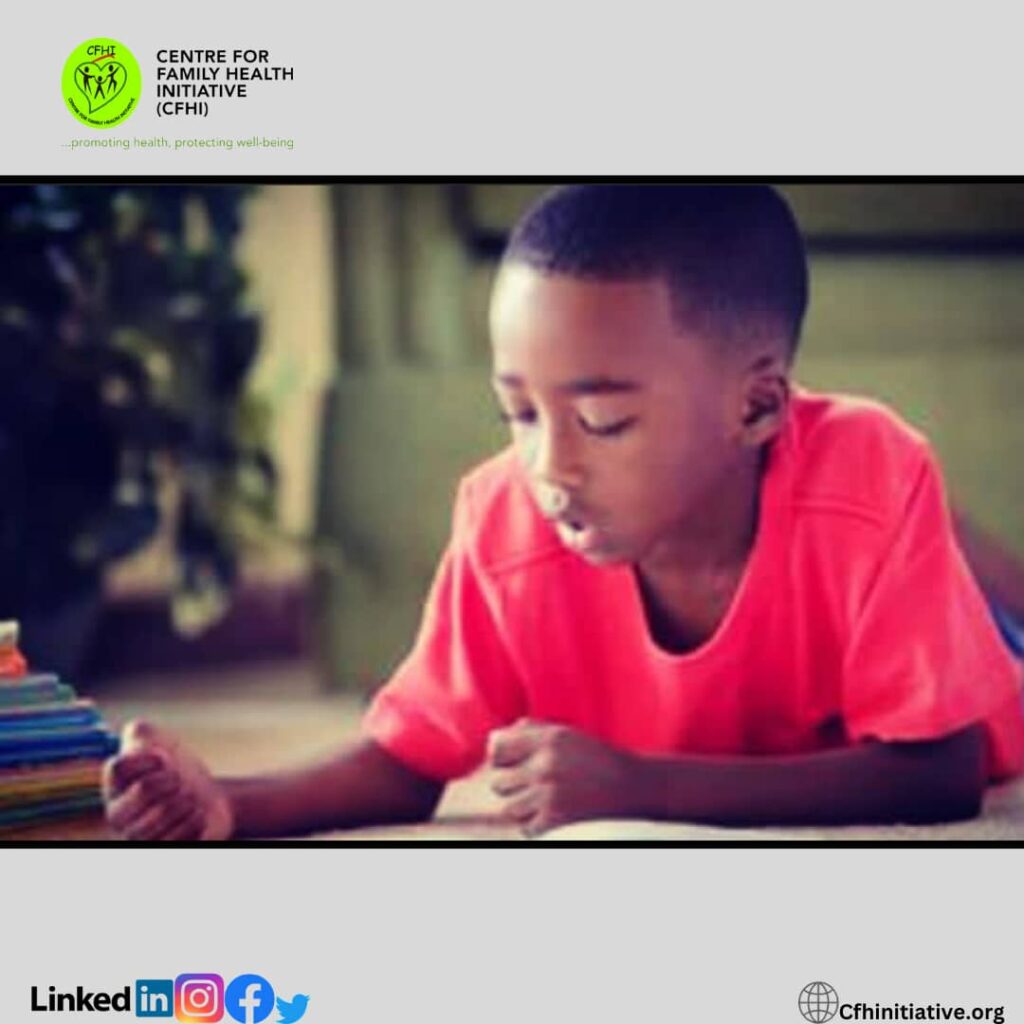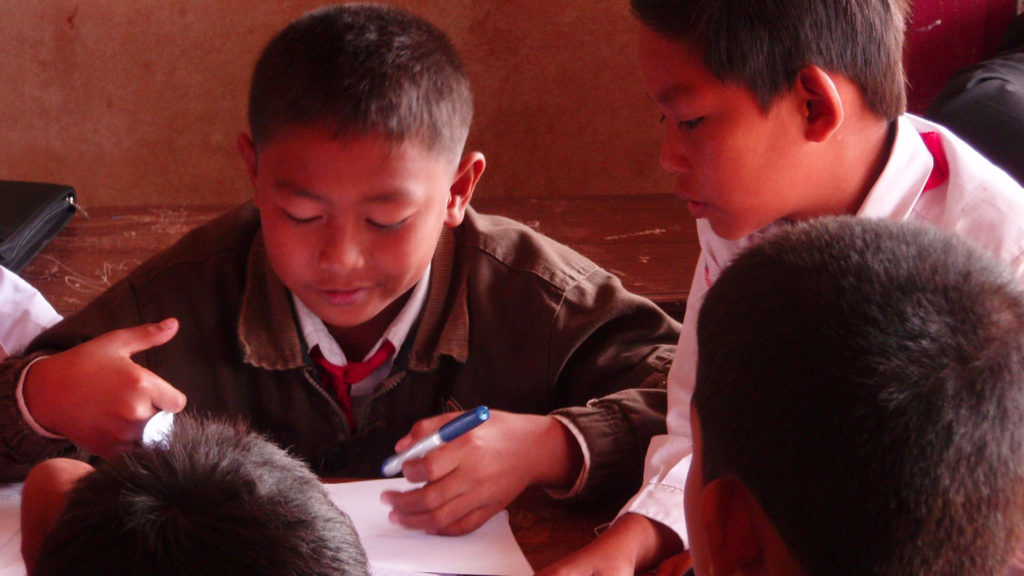ADHD is one of the most common neurodevelopmental disorders of childhood. It is usually first diagnosed in childhood and often lasts into adulthood. ADHD symptoms can appear as early as between the ages of 3 and 6 and can continue through adolescence and adulthood. Symptoms of ADHD can be mistaken for emotional or disciplinary problems or missed entirely in quiet, well-behaved children. Adults with undiagnosed ADHD may have a history of poor academic performance, problems at work, or difficult or failed relationships.
It is normal for children to have trouble focusing and behaving at one time or another. However, children with ADHD do not just grow out of these behaviors. A child with ADHD might: daydream a lot; forget or lose things a lot; squirm or fidget; talk too much; make careless mistakes or take unnecessary risks; avoid tasks needing extended mental effort; have trouble taking turns or have difficulty getting along with others which can lead to academic failure and judgment by other children and adults; the tendency to have more accidents and injuries of all kinds; the tendency to have low self-esteem; increased risk of alcohol and drug abuse and other delinquent behavior.
There are 3 subtypes of ADHD: Predominantly inattentive (Majority of its symptoms fall under inattention); predominantly hyperactive/impulsive (Majority of its symptoms are hyperactive and impulsive) and combined (This is the combination of inattentive symptoms and hyperactive/impulsive symptoms).
Among the cause(s) and risk factors for ADHD, current research shows that genetics plays an important role. However, other factors include: Brain injury, exposure to environmental toxins during pregnancy, such as high levels of lead found mainly in paint and pipes in older buildings at a young age, premature delivery and low birth weight. Also, studies show that ADHD is more common in males than females. Females with ADHD are more likely to have problems primarily with inattention.
Diagnosis of ADHD requires a comprehensive evaluation by a licensed clinician, such as a pediatrician, psychologist, or psychiatrist with expertise in ADHD. Research shows that, ADHD is best treated with a combination of behavior therapy and medication. For preschool-aged children (4-5 years of age) with ADHD, behavior therapy, particularly training for parents, is recommended as the first line of treatment before medication is tried.
Monday Health Burst is an initiative of CFHI to address issues of basic health concern. Join us every Monday on all our social media platforms for more episodes.



